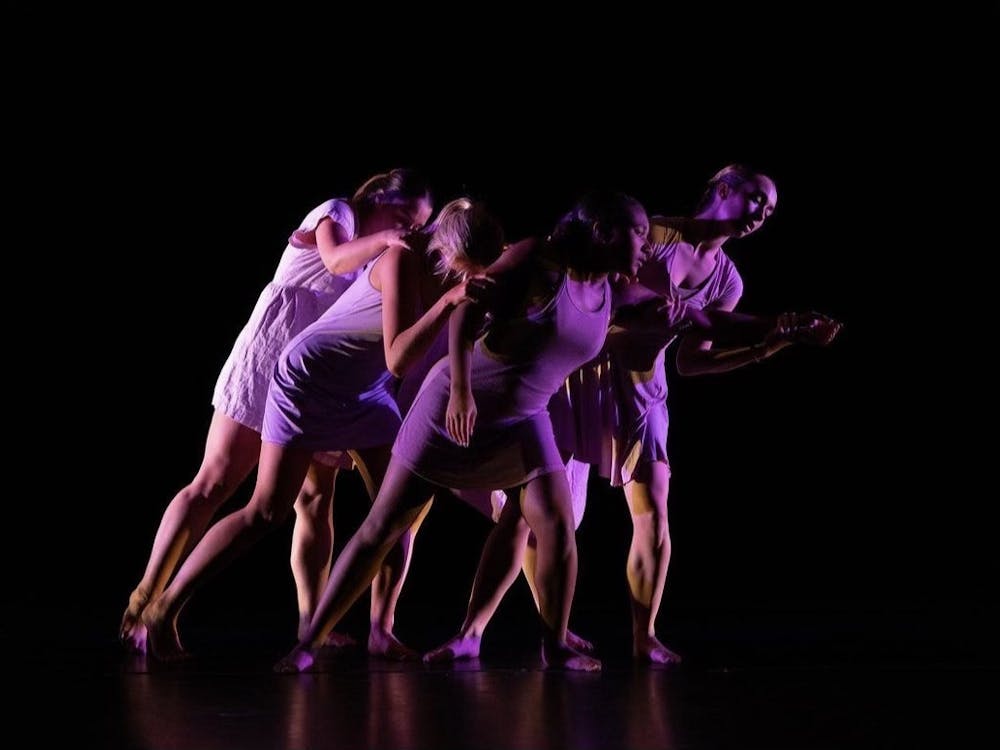From 1970s classics like “The Godfather” and “Taxi Driver” to modern thrillers like “Nightcrawler,” antiheroes have proven to be subjects for compelling drama. The protagonists of these films are repellent in their actions, yet it is impossible to not become engrossed in their worlds. The same cannot quite be said for Howard Wakefield (Bryan Cranston) in Robin Swicord’s latest project, “Wakefield,” which was shown Saturday during the Virginia Film Festival. Cranston, who stunned audiences in the iconic anti-hero role of Walter White in “Breaking Bad,” gives a riveting performance in a film whose ambition of providing an innovative character study doesn’t come full circle.
After a power outage during his commute to suburban New York, Howard Wakefield, a successful lawyer, retreats to the top floor of his garage for the night. This begins as a temporary method to avoid confronting his family about his less-than-stellar day but acts as the catalyst for a prolonged withdrawal from his community, job and family. With each passing day, he reverts to primitive instincts and strays further away from the banal, monotonous routine of his daily life.
Wakefield is an arrogant and entitled alpha male who becomes twistedly delighted at the sight of others’ pain. The Hitchcockian voyeurism of “Wakefield” brings out the worst in its protagonist. In contrast to the subdued minor characters, who are often shot from considerable distances with inaudible dialogue, Wakefield’s point of view dominates the film. He gleefully watches his wife (Jennifer Garner) as she concernedly reacts to his disappearance. Though Wakefield’s selfishness reaches sociopathic levels, Cranston’s effortless witticisms and astute observations allow for occasional liveliness in this otherwise contemptible character.
Swicord does not hesitate to denounce Wakefield during the first two acts of the film. Various flashbacks show him at his most manipulative. Later, after concluding suburban life is too detached from Mother Nature, Wakefield gets ambushed by mosquitoes while sleeping outdoors. There is a peculiar delight in watching Wakefield’s suffering as his newfound isolated life proves to be altogether different from what he idealized.
Like countless other character-driven films, “Wakefield” falls apart in its third act. In spite of Wakefield’s self-afflicted predicaments, Swicord attempts to redeem the protagonist with ludicrous subplots and an irrational cop-out of a finale. The final act eliminates the captivating elements of the first two acts — Cranston’s performance and voice over, clever scenes, concise storytelling — and replaces them with abrupt character transformations and abstract lyrical tangents. This jarring tonal shift could have been prevented by illustrating Wakefield’s compassionate side earlier in the film. Instead, the humanization occurs far too late.
The outlandish and often comical methods Wakefield takes to escape his upper middle class suburban advertises maintains interest, until the introduction of an out of place, overwrought redemptive arc. Despite moments of cinematic greatness and a nuanced performance from Cranston, “Wakefield” remains a lopsided character study with a deplorable anti-hero at its center.




